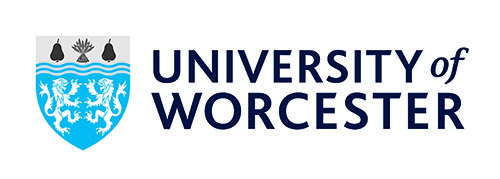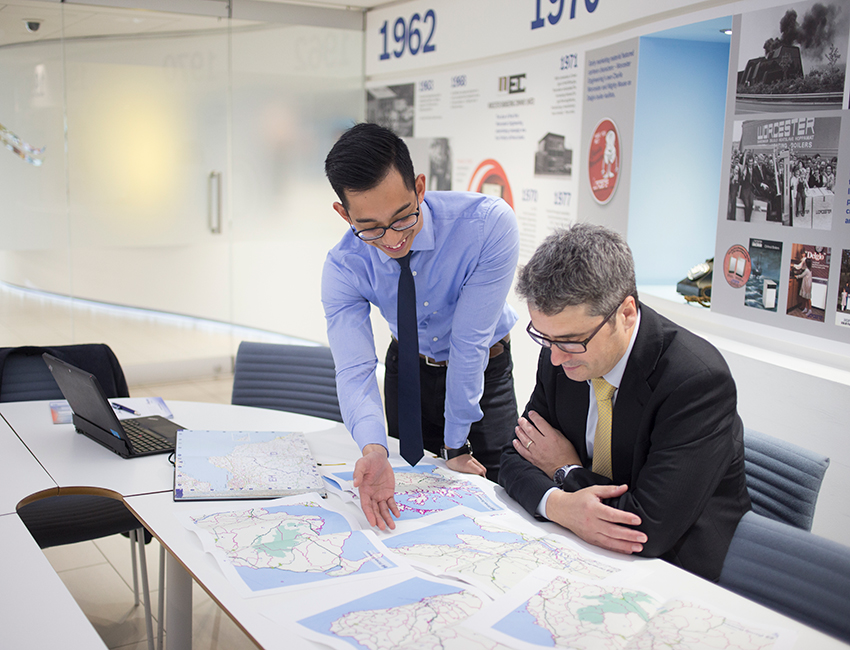This module is part of the University's accredited Level 7 CPD and MA Education. You will study alongside other students on this course.
This module is part of the Professional Development MA/MSc course - a flexible course that you help design to take your career to the next level.
Overview
This module offers professionals an insightful opportunity to explore children’s experiences of adversity such as poverty, family breakdown, homelessness, abuse, bereavement, serious illness or injury and imprisonment. Through theoretical enquiry and practical reflection, you will engage with evidence and literature from within education, psychology and health to examine the complex impacts of multiple adversities on children throughout their life course. The trauma response, Post-traumatic Stress Response and toxic stress will be critically considered.
Using detailed case studies, the course explores the concepts of resilience and strength-based practice to situate a range of therapeutic approaches such as play therapy, nature therapy, family group conferencing, nurture groups, bibliotherapy and life journal work. You will engage with current issues, analyse policy agendas and conduct research into specific adversities, exploring their impacts and evaluating interventions. The module emphasises the importance of practitioners cultivating dispositions, focusing on attuned responsiveness in practice. Through considering vicarious trauma and compassion fatigue, you will explore the necessity of supervision and self-care for practitioners working with children facing adversity.
Career benefits
This module offers an opportunity to invest in trauma-informed theoretical and practical knowledge for supporting strengths-based practice. The module offers a range of professionals, such as teachers, teaching assistants and social workers or people working within education and the children’s workforce, an opportunity to deepen their knowledge on trauma-aware practices for supporting children experiencing adversity. The module focuses on developed attuned responsiveness in practice, giving you the knowledge, skills and confidence to utilise a range of therapeutic approaches within your current and future practices. The module also offers the opportunity to progress on to the MA/MSc Professional development pathway, enabling you to work towards a Masters level qualification.
Module delivery
The following teaching and learning strategies may be utilised and collectively cover all the intended learning outcomes:
- Recorded lectures to allow flexible, self-paced learning.
- Use of videos, podcasts,interactive media and technologies to explore diverse learning theories and practices.
- Online discussion forums on identified topics.
- Group activities using a range of media that encourage collaboration across geographical boundaries
- Tutorials: one-to-one or small group supervised discussions to provide direction and feedback.
- Focused tasks designed to enable development of ideas such as shared documents for group work and peer reviews.
- Guided reading.
- Interactive and online journaling to enable professional reflection and develop ideas for change.
- On-going constructive and timely feedback (via email, in person and via private e-journal).
Entry requirements
General admission requirements for entry to the programme are:
- A good honours degree (2.2 or above) and a significant interest in education and/or equivalent professional qualifications, experience and evidence of continuing professional development.
- International students must hold a qualification equivalent to a UK first or second class honours degree.
- All International student for whom English is not their first language are required to achieve IELTS 6.5 or equivalency – with no less than 5.5 in any element.
Any questions?
If you have any questions about entry requirements, please call our Admissions Office on 01905 855111 or email admissions@worc.ac.uk.
Contact
If you have any questions, please get in touch. We're here to help you every step of the way.

Admissions Office
admissions@worc.ac.uk01905 855111



